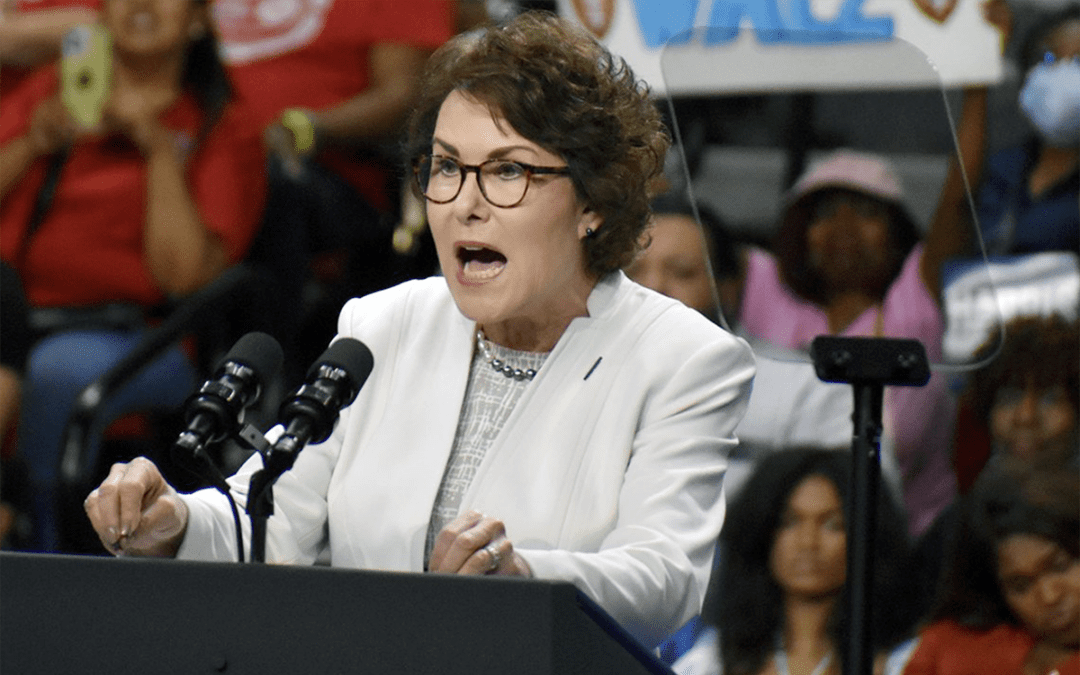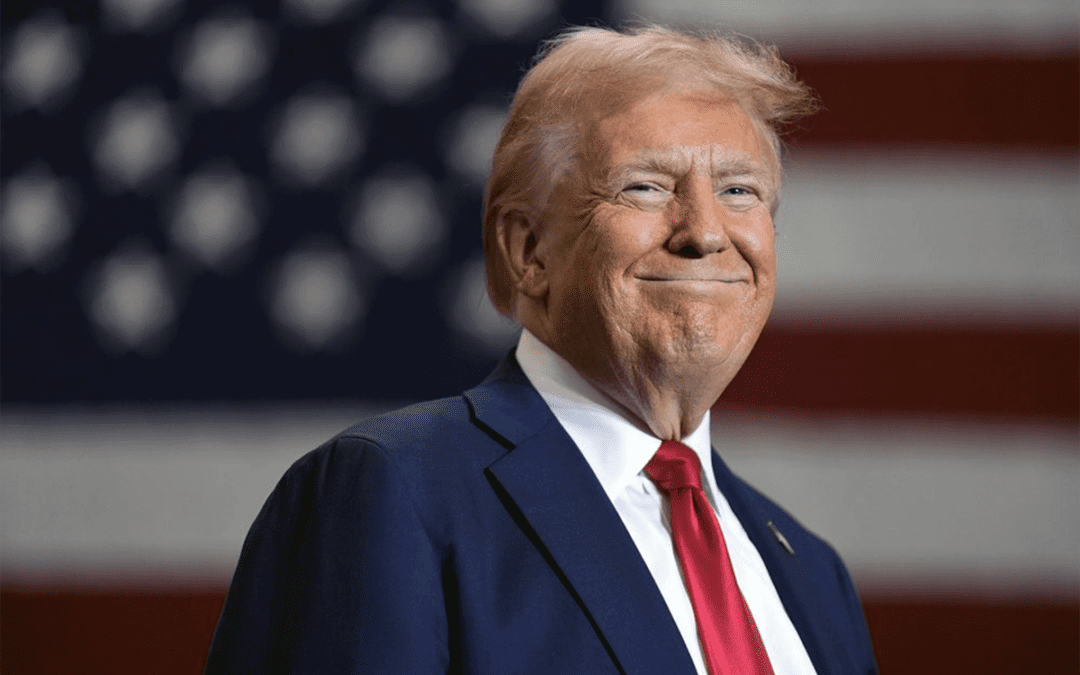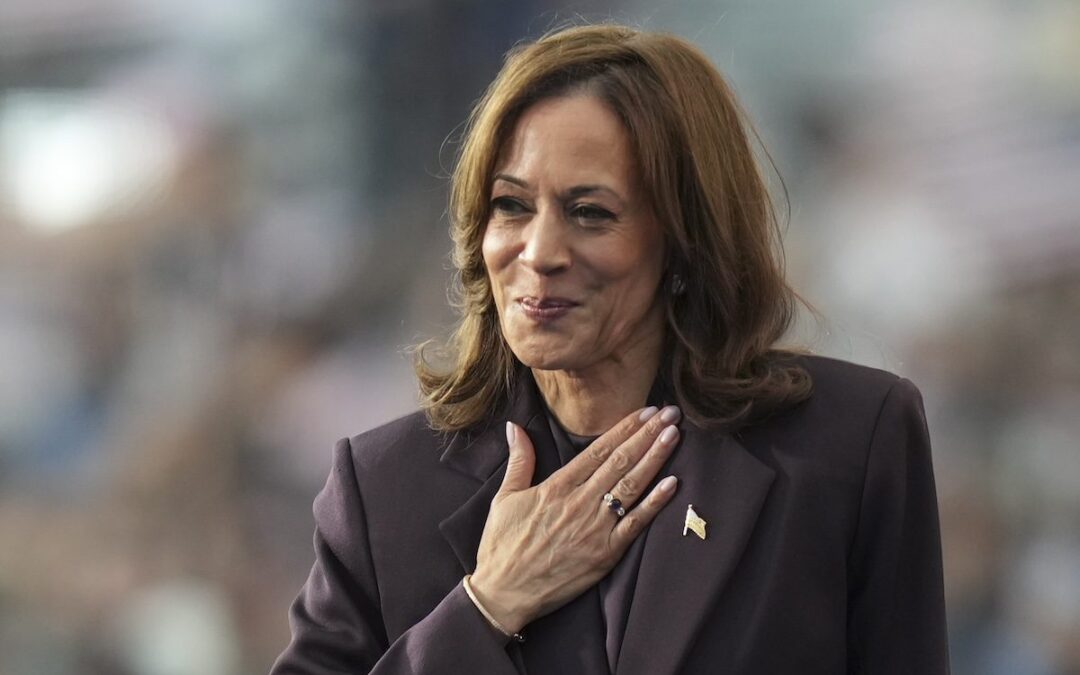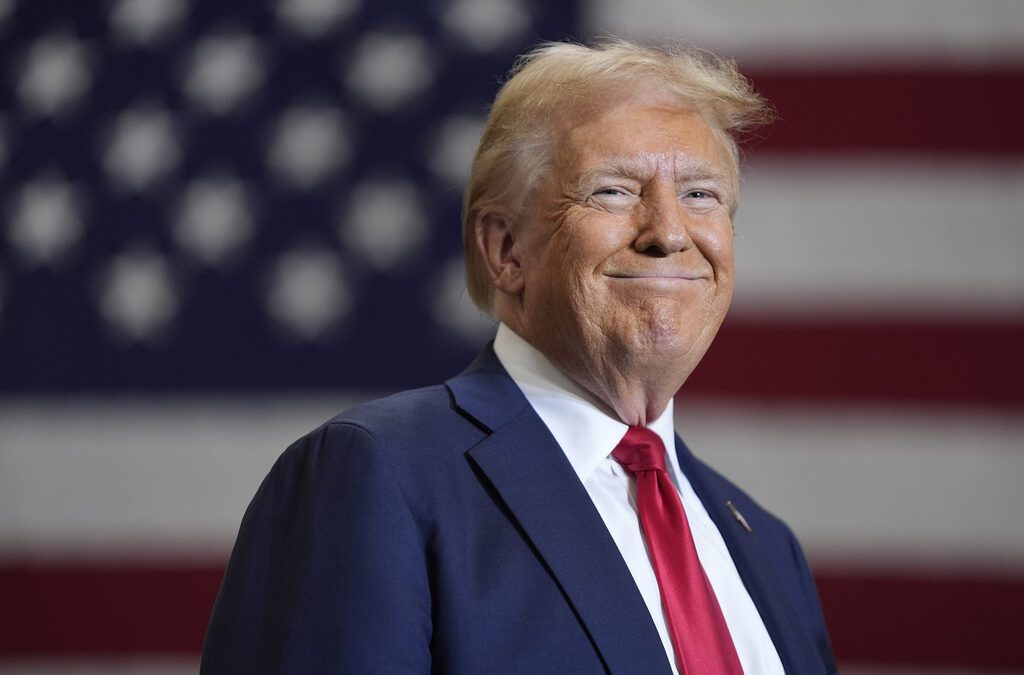From “Don’t reinvent the wheel,” to “If it ain’t broke, don’t fix it,” age-old wisdom tells us not to tamper with systems that work. So, I was both surprised and concerned when I learned about Question 3 on this November’s ballot, which proposes to amend the Nevada Constitution and disrupt our election process.
Nevada’s election system has a solid track record. Since 2010, we’ve consistently ranked in the top 15 states for election integrity, accessibility, and reliability according to the MIT Elections Performance Index.
Question 3 aims to introduce Ranked Choice Voting (RCV) and open primaries to our electoral system. At first glance, especially with the numerous misleading ads from its proponents, this might seem like a way to boost voter participation. However, a closer look reveals several flaws that could result in voter confusion, suppression, and poor representation.
The Problem with Ranked Choice Voting: Confusion and Lost Votes
Question 3’s Ranked Choice Voting asks voters to rank up to five candidates by preference in the general election, a system both Democrats and Republicans have opposed for a good reason–it’s unnecessarily complicated and burdens voters with extra steps.
Under RCV, if no candidate wins more than 50% of the vote, the candidate with the fewest votes is eliminated, and those votes are redistributed based on the second choices on those ballots. This elimination process continues until one candidate passes the 50% mark.
It’s important to note that Question 3 doesn’t require voters to rank all five candidates, but if you only support one candidate and don’t rank others, your vote becomes “exhausted,” or inactive, if that candidate is eliminated early, effectively erasing your voice from future rounds.
This system has been shown to confuse voters and discourage participation, as seen in cities like New York and San Francisco, where RCV has led to more ballot errors, and thus, more rejected ballots. According to a recent study released by the Center for Election Confidence, the complexity of RCV reduces the representation and electoral influence of minority voters, who disproportionately “exhaust” their ballots thereby removing them from decisive vote tabulations.
Additionally, many jurisdictions that have adopted RCV have reported delays in results and higher rates of contested elections, which often frustrate voters and undermine faith in the democratic process. Nevada’s election results are already notoriously slow; we don’t need to further impede the process with complex tabulation methods.
Open primaries: Chaos disguised as inclusiveness
The most advertised component of Question 3 introduces open primaries, which would allow ALL voters, regardless of party affiliation, to vote in the same, single primary election. While this may sound inclusive, it actually weakens party members’ ability to select candidates who represent their ideals. Political parties are crucial in shaping policy platforms and advocating for specific voter interests. A single open primary could allow candidates to win nominations without strong party support or leave a party entirely out of the general election for our state and federal offices.
The proponents of Question 3 have made wildly disingenuous claims that nonpartisans and even veterans are wholly prohibited from participating in primary elections. This is simply not true. Thanks to Nevada’s easy same-day registration process, everyone–including nonpartisan voters–can show up to a polling place, register with a party, and vote in that party’s primary election. This is a very simple requirement to fulfill if a voter wants a say in a particular party’s nominating process.
What Nevadans need: Transparent and reliable elections
Nevada’s current election process is transparent, trusted, and effective. There’s no need to gamble with our democracy by adopting a convoluted system that is largely experimental and has generated mixed results, at best, in other states.
As a Latina and DACA recipient who cannot vote in our elections, I’m encouraging voters and my community to reject this billionaire-funded attempt to overhaul our democracy and potentially weaken our voice. Our elections aren’t broken. So, to repeat the age-old wisdom: “If it ain’t broke, don’t fix it!”

La senadora Jacky Rosen logra conservar su escaño en reñida contienda electoral
Tras los resultados más recientes tabulados el jueves por la mañana, varios medios dieron a conocer que la contienda entre la actual senadora...

Race for Nevada US Senate seat called for Jacky Rosen by multiple outlets
Following the newest results tabulated Thursday morning, the race between Nevada Democratic incumbent US Sen. Jacky Rosen and Republican Sam Brown...

Un análisis de los resultados de las elecciones de 2024 en Nevada
Si bien Donald Trump ganó la presidencia y parece estar en camino de ganar en Nevada, su éxito no se traduce tanto para los republicanos que...

Harris says nation must accept election results while urging supporters to keep fighting
Harris delivered her remarks at Howard University, her alma mater and one of the country's most prominent historically Black schools, in the same...

Election fatigue? Here’s how to recharge your mental health
We all have our personal struggles in life, from work stress to relationship drama, but something about the 2024 election season simply felt...

Breaking down the 2024 election results in Nevada
While Donald Trump won the presidency and appears to be on track to winning Nevada, his success isn’t translating as much for down-ballot...





